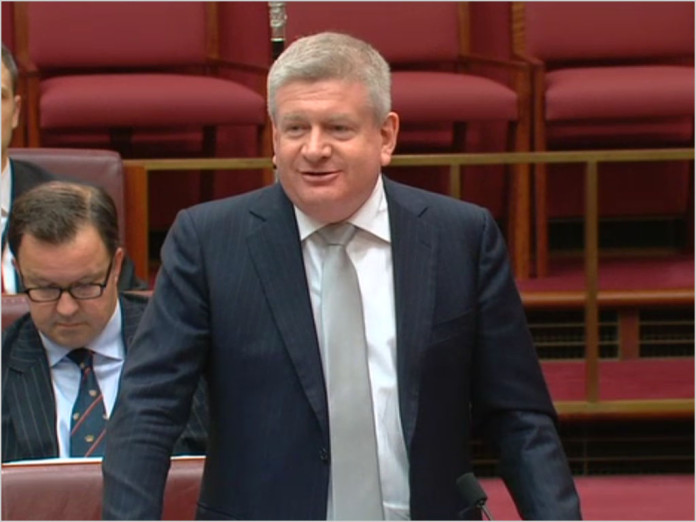
news The Federal Government has formed a joint standing committee that will oversee the rollout of the National Broadband Network until it is completed, likely in 2020.
Christopher Pyne, Leader of the house and Minister for Defence Industry, yesterday introduced a motion – which was backed by Labor – that the Joint Standing Committee should be appointed to “inquire into and report on” the rollout of the NBN.
The committee will monitor the progress of the rollout paying special attention to NBN Co’s Statement of Expectations; the utility of the NBN in connected metropolitan and regional areas; and the identification of opportunities to “enhance economic and social benefits”.
Also under its purview is Australia’s global position with regard to residential broadband infrastructure relative to other nations – and particularly “large, developed economies”.
NBN activation rates, user demand, usage patterns and trends, and impediments to the take-up of NBN services will also be monitored, as will any aspects of the market, industry, and regulations that might “impede the efficient and cost-effective rollout of the national broadband network”.
The cross-party committee will consist of 17 members: including eight from the House of Representatives (four each to be nominated by the Whips of Government and the Opposition), and one who is non-aligned.
There will also be six senators (half to be nominated by the Leader of the Government in the Senate, and half by the Leader of the Opposition in the Senate), one senator to be nominated by the Leader of the Australian Greens in the Senate, and one senator to be nominated by a minority group or independent senator.
Additionally, the committee will elect a Government member as its Chair, and an Opposition member as Deputy Chair, who will stand in for the Chair if they are not present at any committee meeting.
The committee has the power to appoint subcommittees consisting of three or more members, and direct them to examine any issues which fall under its remit. A subcommittee must include at least one Government member and one Opposition member of either House.
The committee, or any subcommittee, has the power to call for witnesses to attend hearings and for documents to be produced; to conduct proceedings wherever it deems appropriate; and to sit either in public or in private.
It further has the power to “consider and make use of” the evidence and records of the NBN committee if appointed during a previous Parliament.
Image credit: Parliamentary broadcasting
